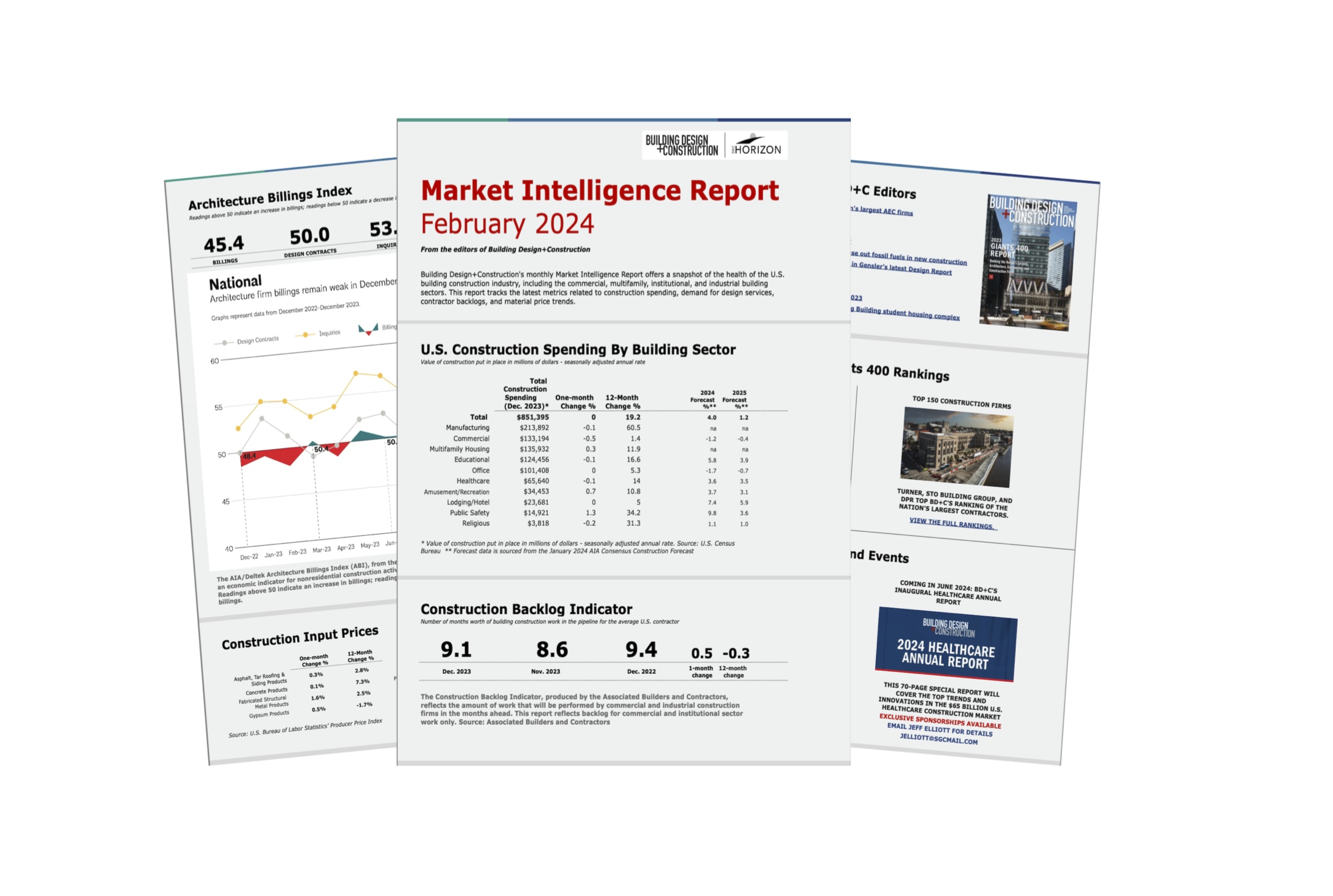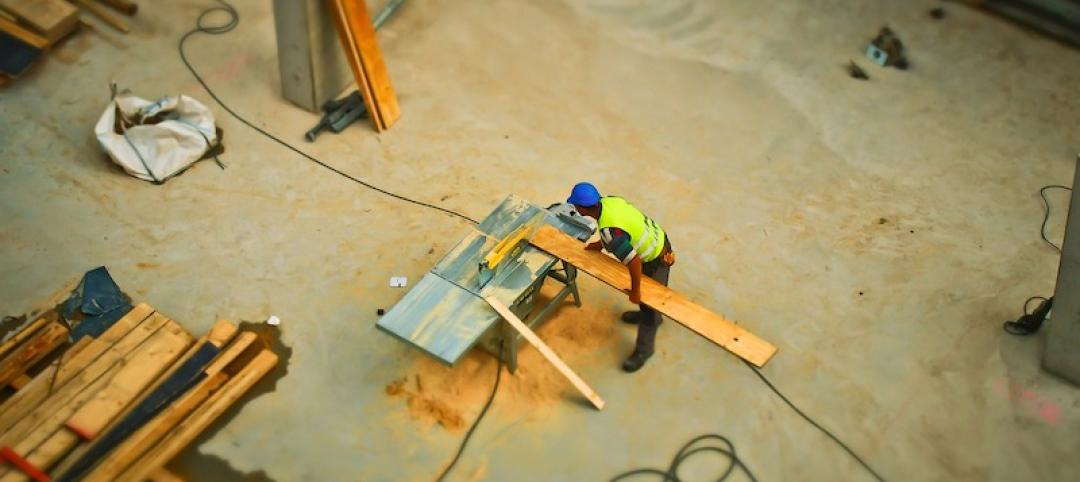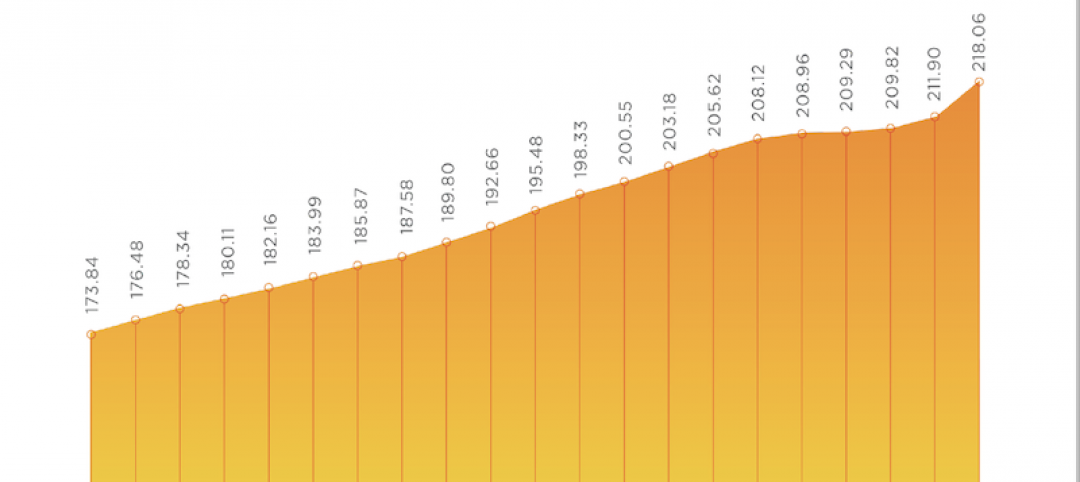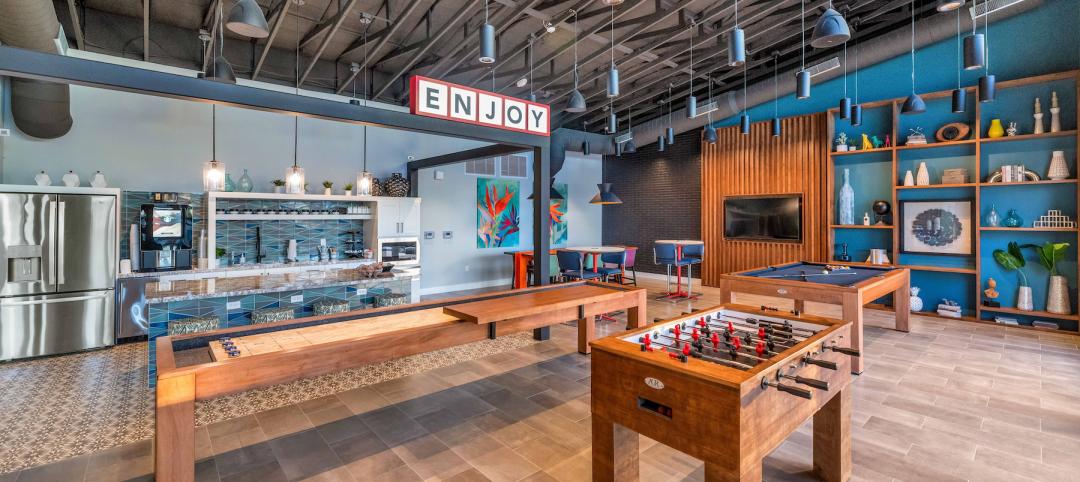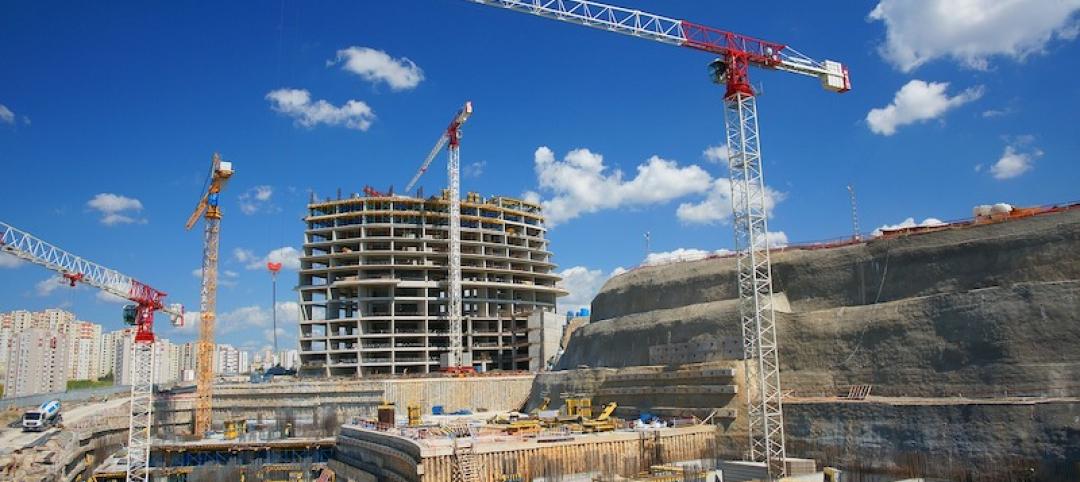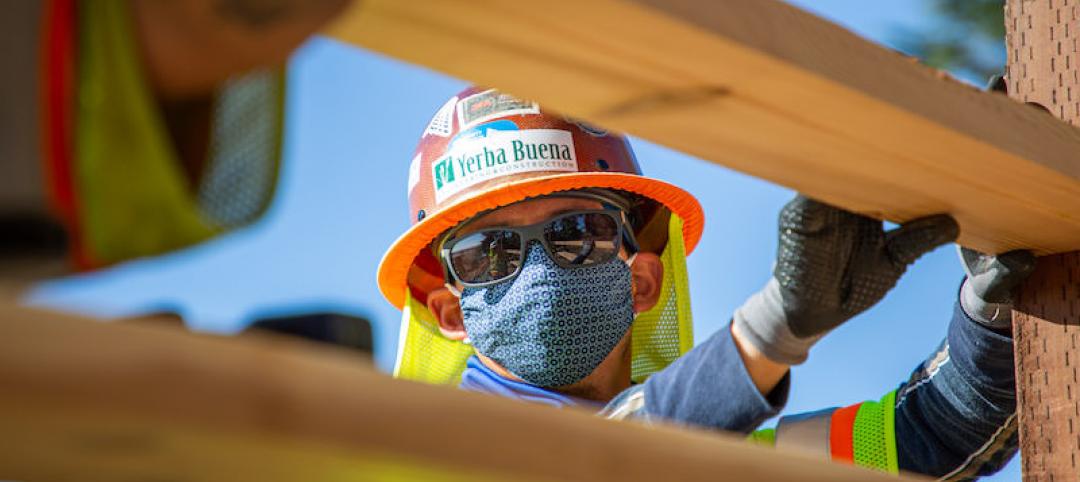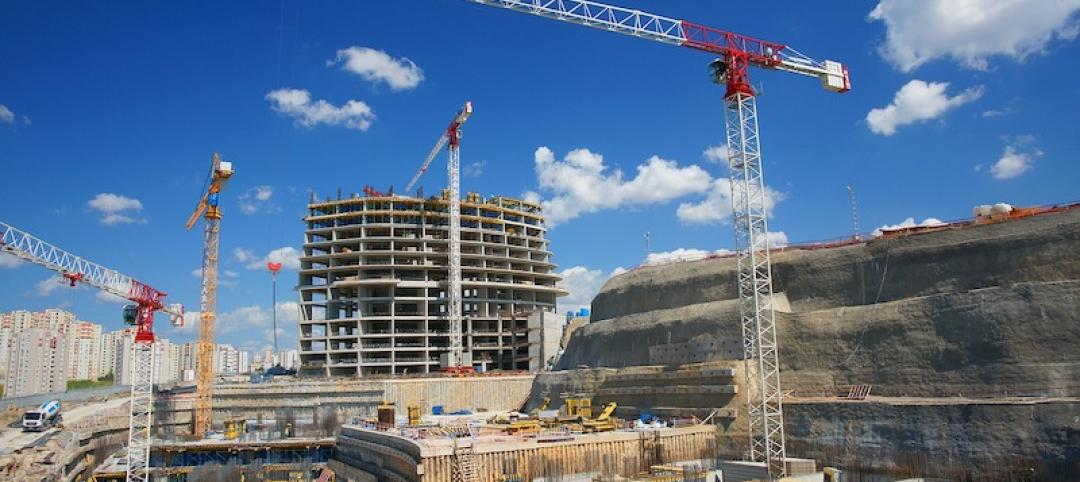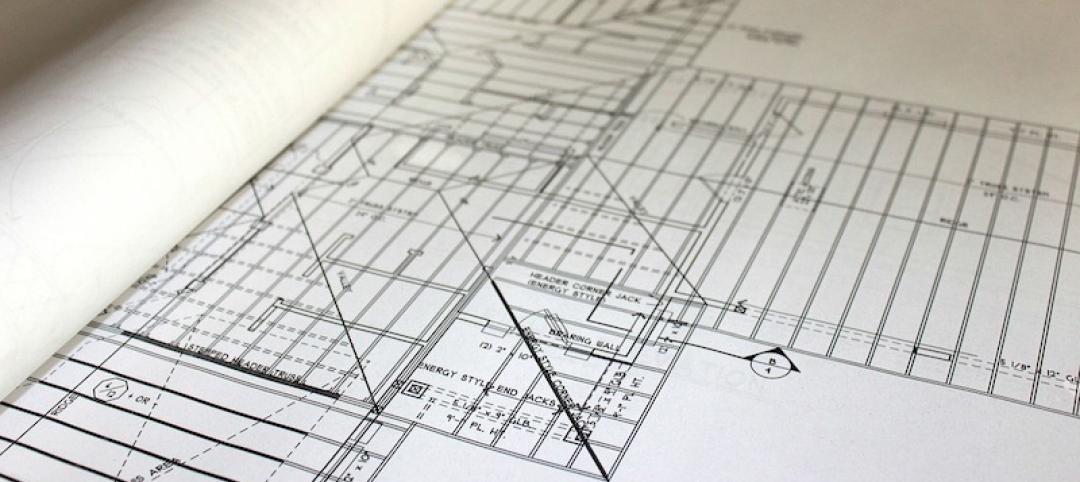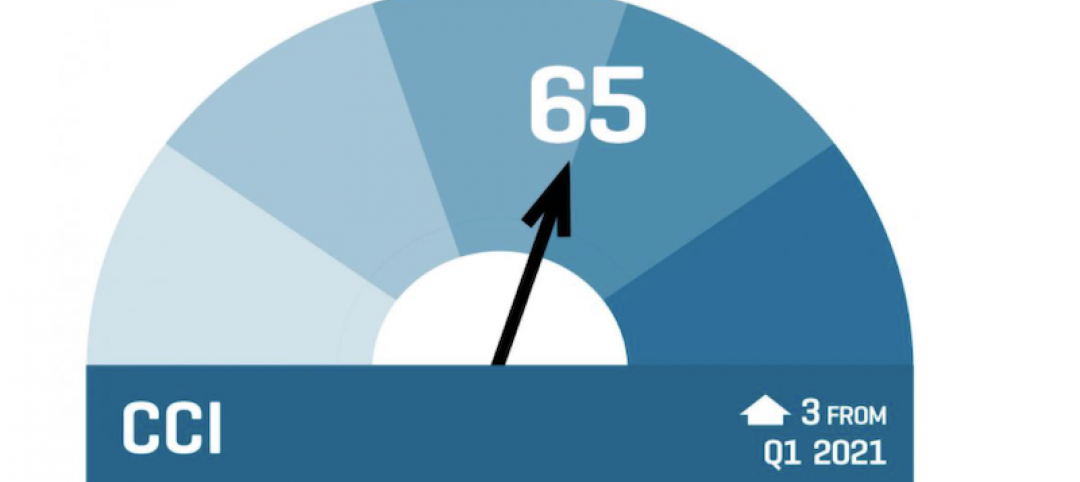Building Design+Construction's monthly Market Intelligence Report offers a snapshot of the health of the U.S. building construction industry, including the commercial, multifamily, institutional, and industrial building sectors. This report tracks the latest metrics related to construction spending, demand for design services, contractor backlogs, and material price trends.
Data for the Market Intelligence Report is gleaned from reputable economic sources, including the American Institute of Architects, Associated Builders and Contractors, and the U.S. Census Bureau.
Here are some of the highlights from the February 2024 report:
- Spending on vertical construction (i.e., "commercial buildings" work) is at a near all-time high, at $851.4 billion in annualized spending. However, inflation plays into this equation; building projects are more costly to plan, design, and build.
- Multifamily continues to shine, with 11.9% YOY growth to $135.9 billion in annual spending. Economists are calling for a slowdown, but not until 2025-26. Even at that, construction spending will hover at near all-time highs.
- Other hot sectors: manufacturing, education, healthcare, public safety, and religious.
- The 2024-25 forecast (from AIA) for key markets looks promising; only commercial/retail and office are expected to see a pullback in construction spending. Hotels, multifamily, education, and healthcare are all expected to see strong spending increases.
- The average U.S. contractor currently has 9.1 months worth of building construction work in the pipeline, which is slightly higher for the month and on par with the previous year.
- AIA's Architecture Billings Index has remained below 50 for the past six months, which means more firms than not are experiencing a decrease in billings.
- Construction material prices have largely stabilized. We're not seeing the volatile swings in prices and availability experienced during the pandemic.
Related Stories
Market Data | Jul 15, 2021
Producer prices for construction materials and services soar 26% over 12 months
Contractors cope with supply hitches, weak demand.
Market Data | Jul 13, 2021
ABC’s Construction Backlog Indicator and Contractor Confidence Index rise in June
ABC’s Construction Confidence Index readings for sales, profit margins and staffing levels increased modestly in June.
Market Data | Jul 8, 2021
Encouraging construction cost trends are emerging
In its latest quarterly report, Rider Levett Bucknall states that contractors’ most critical choice will be selecting which building sectors to target.
Multifamily Housing | Jul 7, 2021
Make sure to get your multifamily amenities mix right
One of the hardest decisions multifamily developers and their design teams have to make is what mix of amenities they’re going to put into each project. A lot of squiggly factors go into that decision: the type of community, the geographic market, local recreation preferences, climate/weather conditions, physical parameters, and of course the budget. The permutations are mind-boggling.
Market Data | Jul 7, 2021
Construction employment declines by 7,000 in June
Nonresidential firms struggle to find workers and materials to complete projects.
Market Data | Jun 30, 2021
Construction employment in May trails pre-covid levels in 91 metro areas
Firms struggle to cope with materials, labor challenges.
Market Data | Jun 23, 2021
Construction employment declines in 40 states between April and May
Soaring material costs, supply-chain disruptions impede recovery.
Market Data | Jun 22, 2021
Architecture billings continue historic rebound
AIA’s Architecture Billings Index (ABI) score for May rose to 58.5 compared to 57.9 in April.
Market Data | Jun 17, 2021
Commercial construction contractors upbeat on outlook despite worsening material shortages, worker shortages
88% indicate difficulty in finding skilled workers; of those, 35% have turned down work because of it.
Market Data | Jun 16, 2021
Construction input prices rise 4.6% in May; softwood lumber prices up 154% from a year ago
Construction input prices are 24.3% higher than a year ago, while nonresidential construction input prices increased 23.9% over that span.


